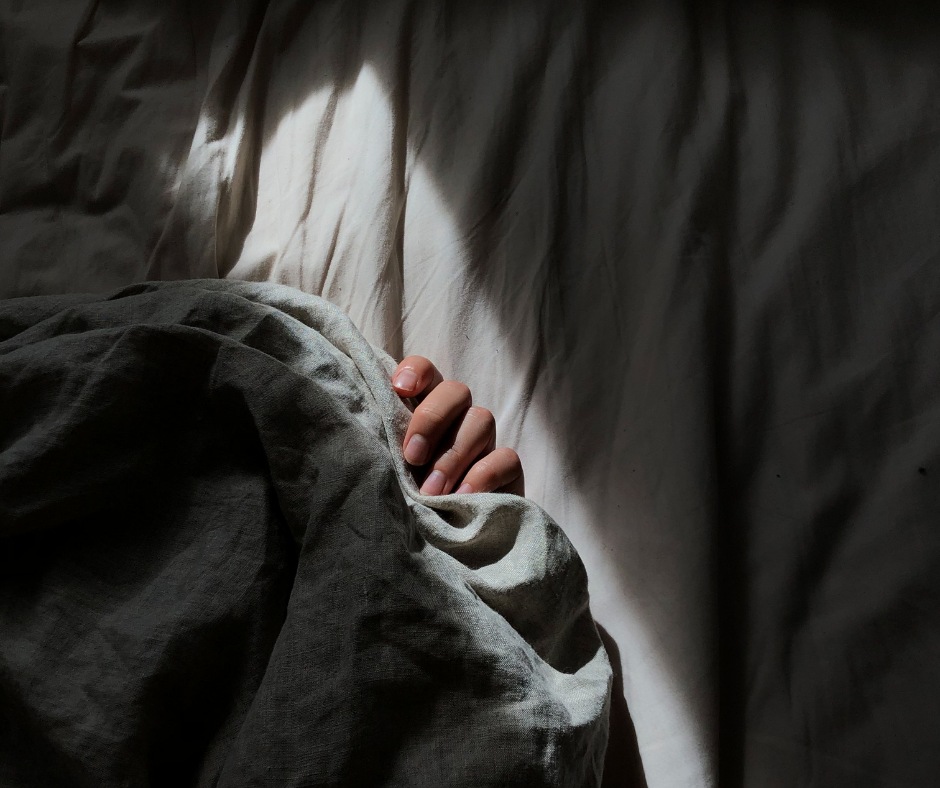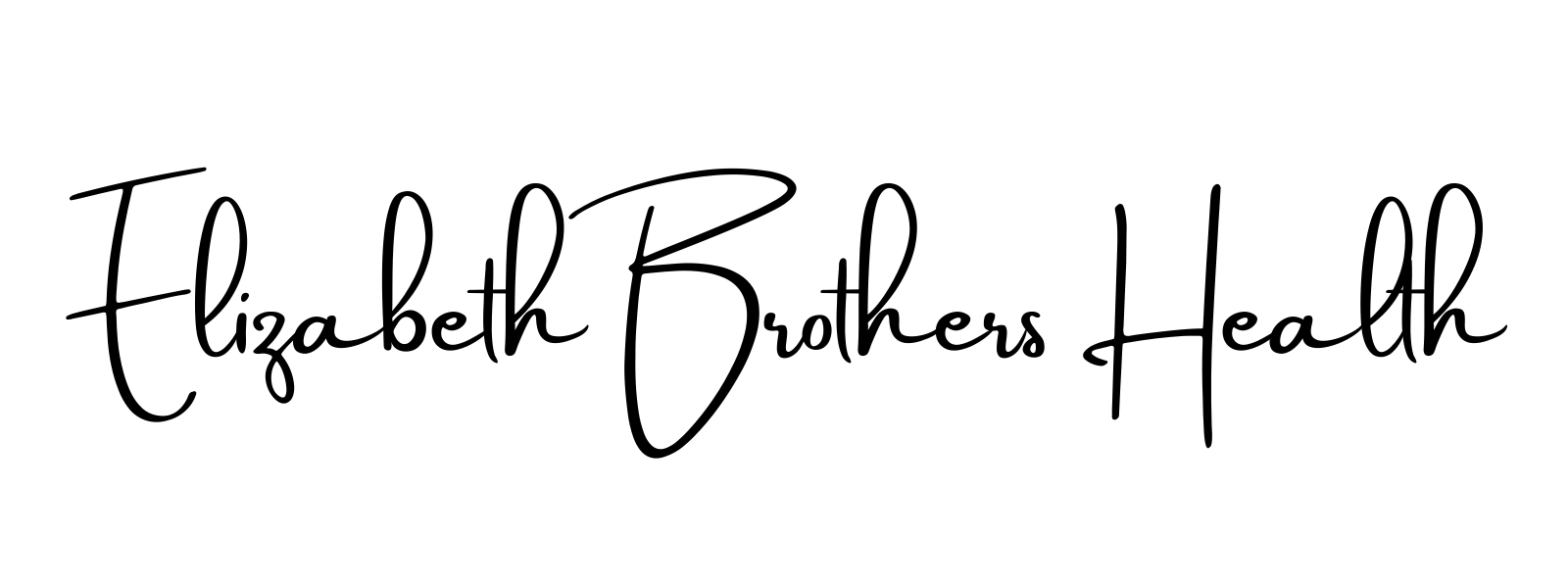Part 1….
Sleep, to many people, is a big mystery. We know we should do it, we know we want to do it, but actually doing it can be JUST SO HARD! Many of us (including myself occasionally) have trouble sleeping. And would you be surprised to know (likely not) that sleep issues are much more common in women than they are in men.
Sleep is such an important part of our lives. The reasons why we sleep have been debated for a long time, and many scientists have different theories about it. But what isn’t up for debate is its importance. Sleep is, by far (even more than nutrition and exercise), the most important thing we can do for our health. Without enough sleep, staying healthy (both in body and mind), feels like an impossible task. Think about the last time you had a terrible night’s sleep. How did you feel? Physically, you probably felt awful. You might have felt like your body is slow, your digestion might have felt ‘off’, and you probably have more food cravings than with a good night’s sleep. Emotionally, you also might feel awful. You probably couldn’t think clearly, you might have had a harder time with emotional regulation, and you might have easily become irritable and moody. And if you get a good night’s sleep after a period without sleeping, how incredible do you feel? New parents know what I’m talking about!
When we are sleeping optimally, we sleep in 90 to 110-minute cycles. One sleep cycle, REM (or rapid eye movement) is an extremely important part of sleep. REM is when repair and cleaning happens in the body. REM is also when higher amounts of hormones are released, including sex hormones and growth hormone. REM is actually the strongest predictor of longevity – the more REM sleep you get, the longer you are likely to live. I don’t say that to stress you out (and to interfere with your sleep), but I do want to highlight that now for a message I’ll come back to another time.
Growth hormone is essential to repair and regeneration – if you have an injury, growth hormone will help to fix it. And growth hormone is crucial for actual growth and development in kids. Kids who don’t get enough sleep can have significant impacts on their growth and development. So, not enough REM sleep means a lot of things, but overall it means your body is not working like it should.
So where do things go wrong with sleep, and what can we do about it? There are three key problems that I see with sleep. If sleep is a challenge for you, you might have an issue with #1, #2, #3, or a combination.
- It’s hard to fall asleep at night – you might lie in bed, tossing and turning, waiting to fall asleep.
- It’s hard to stay asleep at night – you wake throughout the night, or in the middle of the night and have a hard time falling back to sleep.
- You wake up too early – usually in this situation, you won’t be able to go back to sleep.
Today I’m going to focus on the first issue – having a hard time falling asleep at night – and one cause in particular (I’m sorry to say there are several).

Melatonin is produced by the pineal gland in the brain, it’s release is tied to your internal clock, but its main trigger is darkness. As light levels start to decrease, melatonin gets released. It’s quite a hormonal dance to get you ready for bed, but melatonin plays one of the biggest roles in this system.
So, what can you do to make sure your melatonin production is where it needs to be? The best thing you can do is set your internal (circadian) clock every day, for the same time.
- By getting up at the same time every morning and going to sleep around the same time every night (even on the weekends), that is your first step to set that clock. Your clock starts counting down to sleep again as soon as you wake up in the morning. If you’re having a hard time falling asleep, keeping a consistent bedtime and wake up time can be crucial. Have you ever felt really groggy or gotten up with a headache on the weekend (that isn’t alcohol induced)? If so, it’s usually because you’re jet lagged! If you stayed up later than usual the night before, and slept in later than you normally would, that’s exactly what’s happening. You’ve changed your body’s internal clock, and now it needs to scramble to catch up. Which usually comes with some symptoms of jet lag.
- The next thing you need to do to set your internal clock is to get some light on your eyes in the morning. Even a few minutes outside (without sunglasses or a window blocking it) tells your brain what time of day it is. And in a perfect world, you will do the same thing in the afternoon (even a few minutes outside later in the day, when the sun is lower in the sky), so your brain can stay on track with its clock.
- If you can spend your day working near a window, that will help keep your clock on track.
- Aside from light, the other thing your body uses to know what time of day it is, is meals. The third thing you need to do to help keep your clock on schedule is eat regular meals, at (roughly) the same time each day. We’ll focus on what to eat later, but if you can keep your meal schedule consistent, that will actually make it easier to fall asleep at night.
- Turn down the lights later in the day. We are around lights from morning to night, and they are not doing our internal clocks any favors.
- Don’t use overhead lights in the evenings if possible. Lamps that don’t shine directly in your eye are much better. Even better, light close to the ground will stimulate your eyes the least.
- Use blue blockers glasses or filters on computers/tablets/phones if you are using them in the evening. And let’s be honest, we all are. I’m writing this at 8 PM at night….
- We should actually avoid blue blocker glasses during the day. This is when your eyes need the blue light, to tell them that it’s still time to be awake and moving.
- No lights at all between 11 PM and 4 AM. This will initiate your wake-up cycle, and your internal clock will be shifted again. If you do need to get up at this time, use low light nightlights that are close to the ground. Red nightlights are the best colour you can use, followed by green (they are less likely to stimulate your eyes and wake your brain up).
- Supplementation – I’m going to save this for another day because this blog post has become long and drawn out as it is. Melatonin is one of the first supplements people will turn to if they have a hard time sleeping.
This is very much the small tip of a large iceberg when it comes to sleep. But I want to break this information down so it’s digestible, but you might be able to do something with it if this is an issue affecting you. If any of those habits are things you don’t currently incorporate, even if you feel like your sleep is good, I do suggest you start making some of those changes. And we’ll save the next part for another day.
Also, I’m sorry shift workers, this is not going to be helpful to you. I will do some shift-worker focused resources, I promise!
